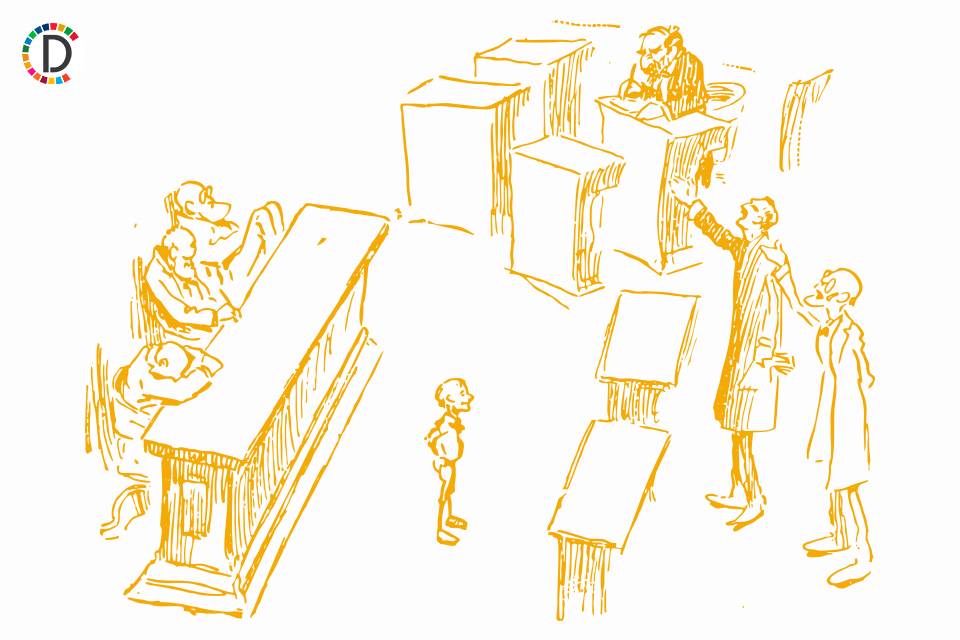Palm Springs Takes Progressive Measures While Enforcing Camping Bans Amid Homelessness Crisis
Palm Springs, a known retreat for LA's affluent, has enacted policies to address homelessness, while also passing a controversial camping ban. The ban highlights a broader trend in California and across the U.S. in response to a Supreme Court ruling. Experts argue for housing solutions over criminalization.

Palm Springs, long known as a desert playground for the rich and famous of Los Angeles, has enacted a number of progressive measures to address homelessness.
In July, the all-Democratic city council passed a ban on sleeping on public property that expands police authority to arrest the unhoused. This underscores how even liberal cities have lost patience as the homeless crisis persists. Other cities have become emboldened by a June 28 ruling from the conservative-majority U.S. Supreme Court that camping bans are constitutional.
Since then, 12 California cities or counties have passed camping bans, while another nine are considering them or have already given initial approval, according to the National Homelessness Law Center. Many cities cited the Supreme Court decision as they passed new ordinances to evict unhoused people from public view.
With soaring rents and an acute housing shortage, California has an estimated 180,000 homeless people despite spending more than $20 billion on housing and homelessness programs since the 2018-19 fiscal year. Margot Kushel, a professor of medicine at the University of California, San Francisco, and co-author of a 2023 report on the state's homelessness, calls the police crackdowns counterproductive.
'Having a criminal record impedes a homeless person's chance at getting a job, and the distrust it generates reduces homeless cooperation with police,' Kushel said. 'Scattering them strains their access to outreach workers. We need housing. We need subsidies. We need deeply affordable housing.'
(With inputs from agencies.)
ALSO READ
Supreme Court Grants Punjab Government Time for Compliance on Farmer Leader's Medical Aid
Supreme Court Collegium Considers Radical Reform Proposals
Supreme Court to Hear Plea on 1991 Worship Law's Implementation
Govt Awaits Supreme Court Verdict on Farmer Protests
Supreme Court Orders Probe into 2019 Illegal Demolition










